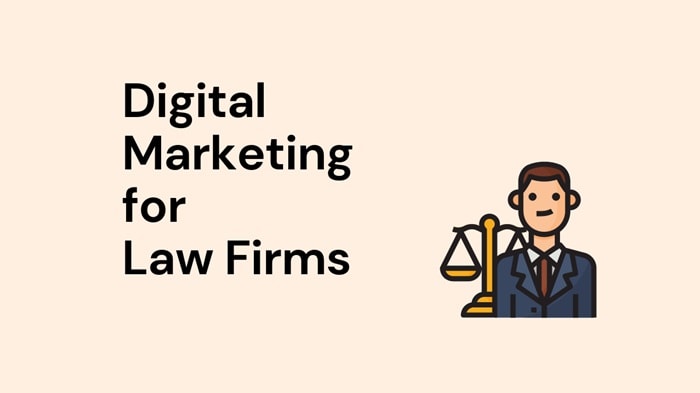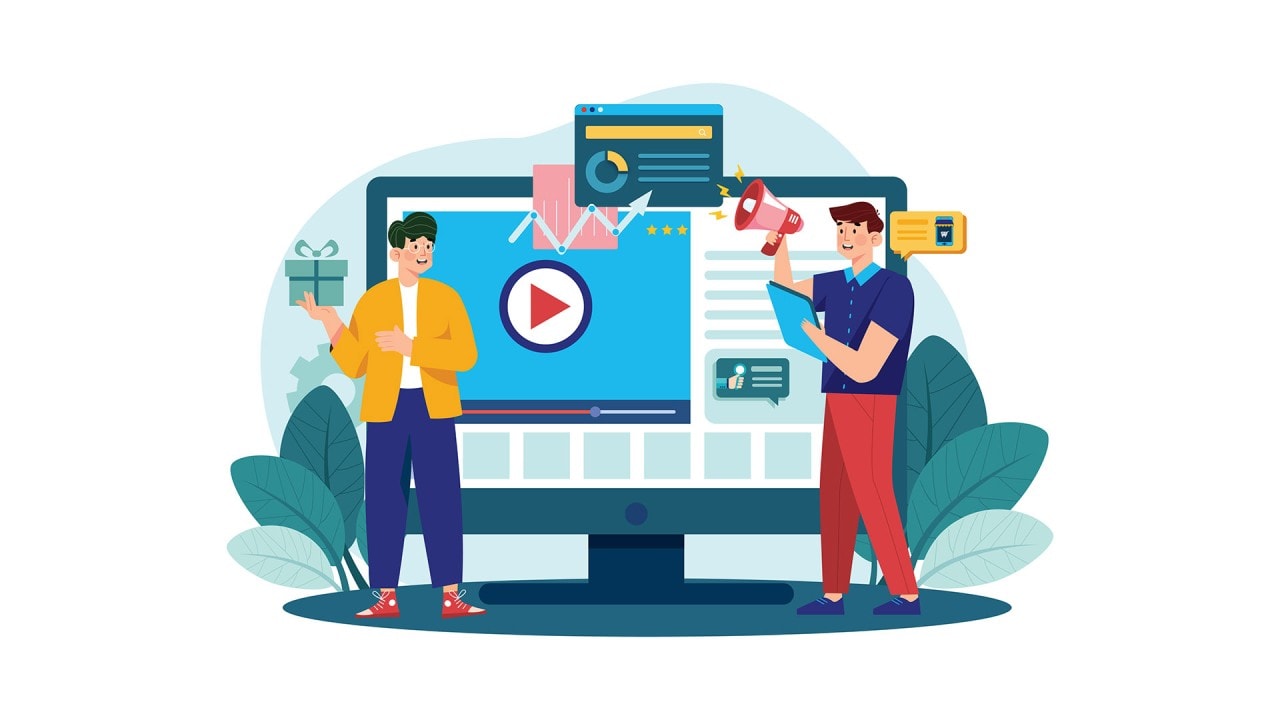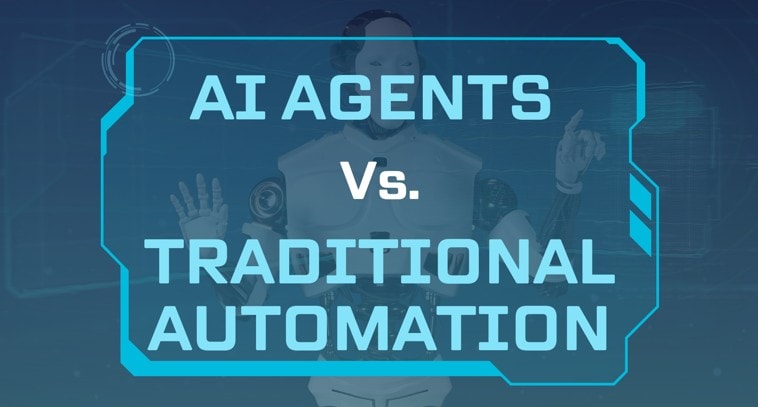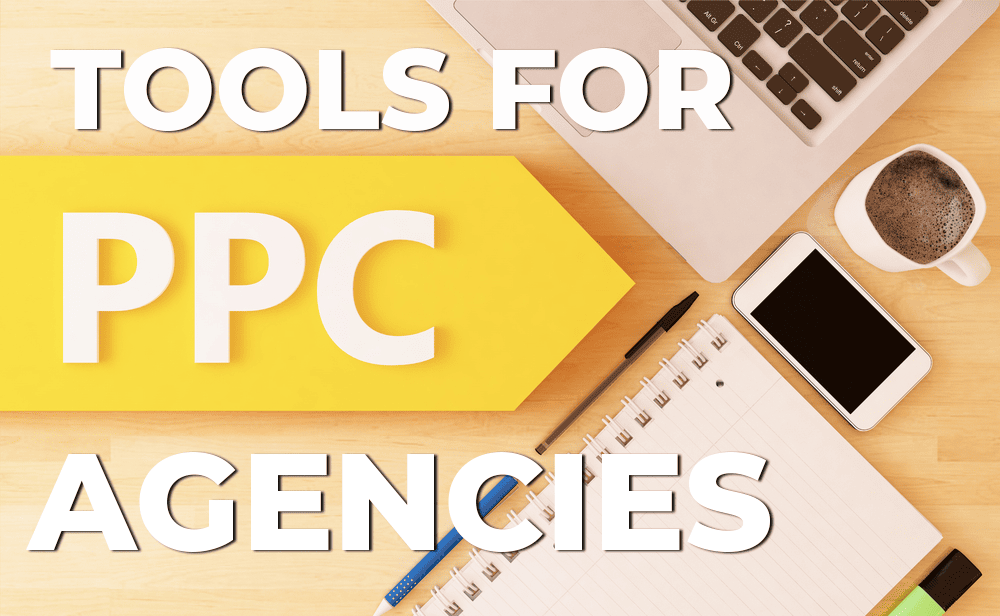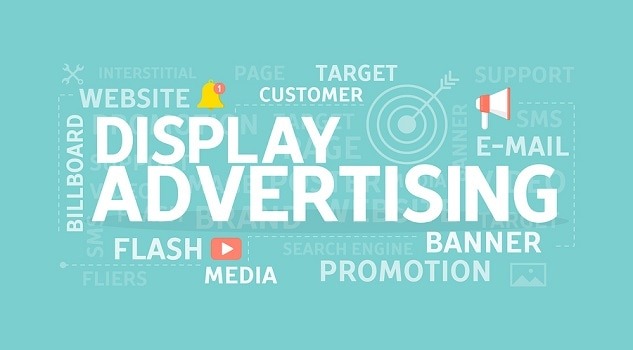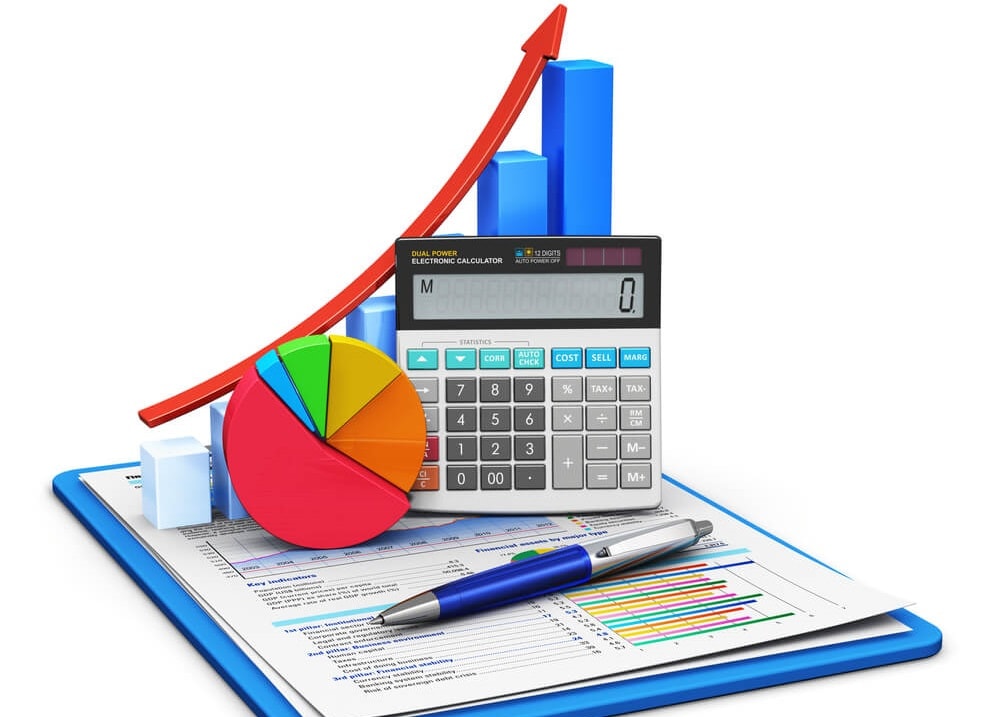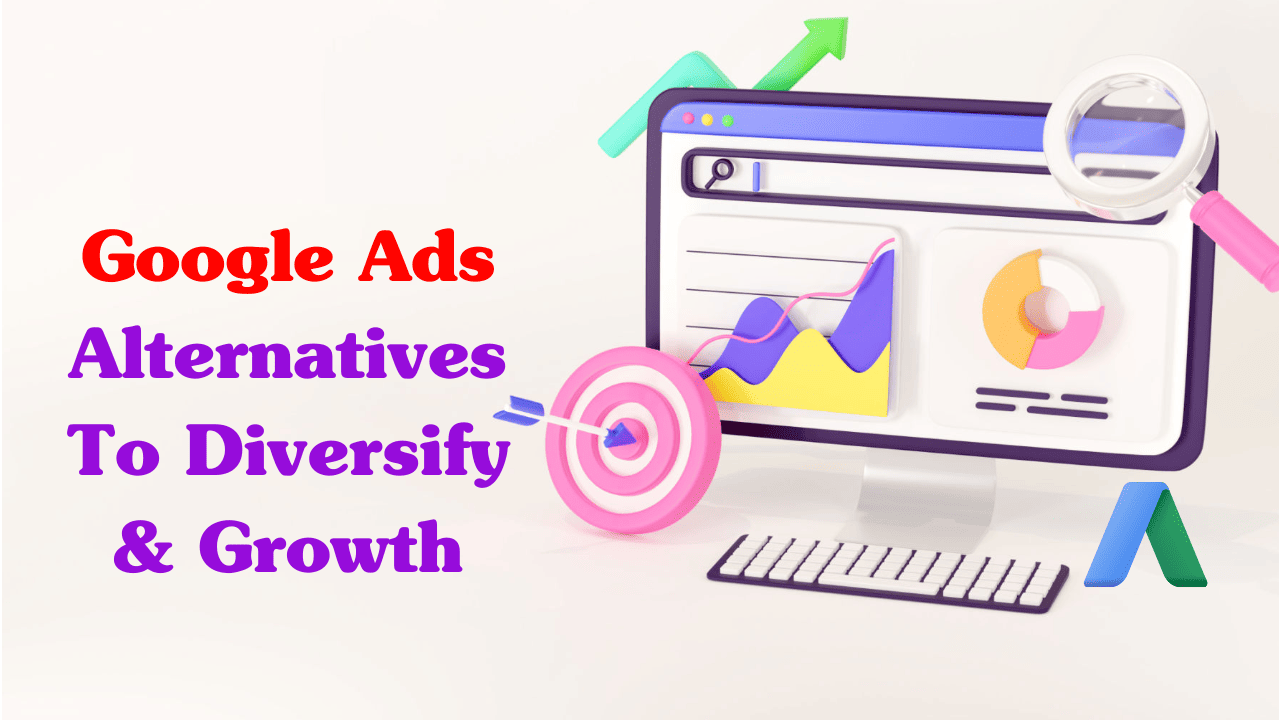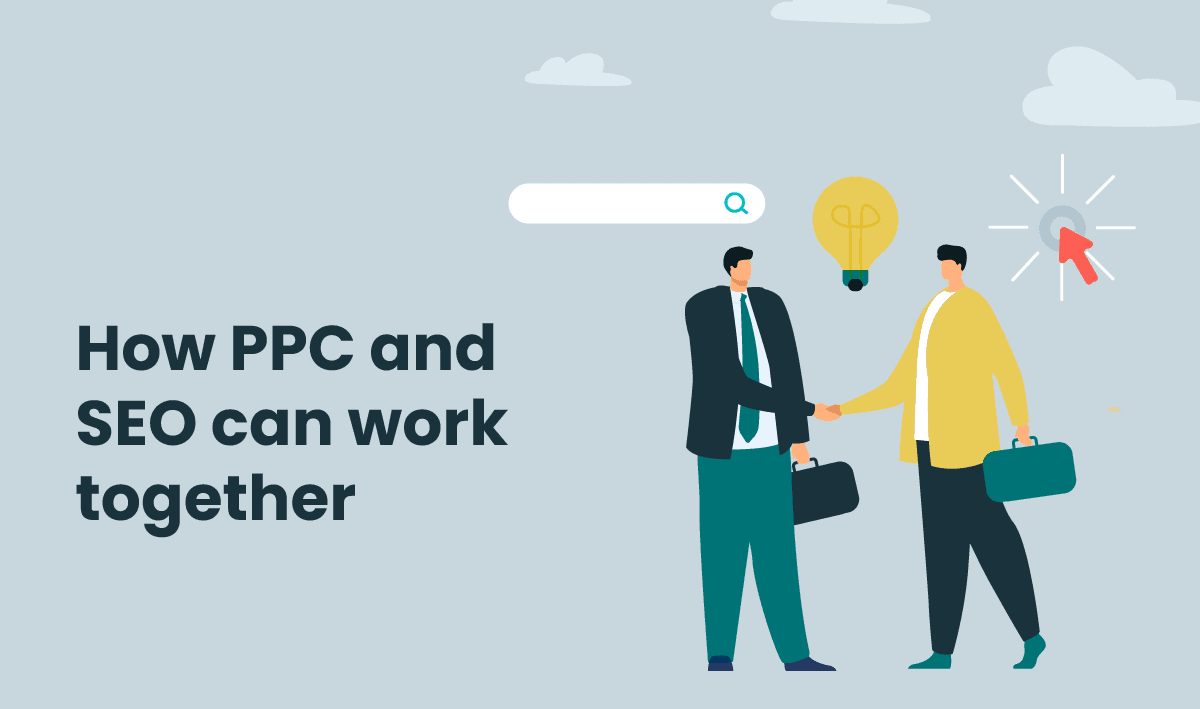Google is constantly churning out new AI-integrated features in its flagship advertisement platform, Google Ads, practically month over month. Other search engines all follow the same path, building their versions of AI features.
Even amid this dizzying pace, the changes to the platforms provide an opportunity for the search marketer to stay ahead of the curve and be at the forefront of search engine marketing.
What is PPC Advertising?
PPC is the model of digital marketing whereby an advertiser pays a certain fee for every click on their ad. It’s a way of buying visits to your website rather than earning them organically through SEO.
Basically, PPC ads appear to the right and top of organic search results on most search engine results pages in search engines like Google; they also appear on various other websites and social media platforms.
Most of them are targeted by keywords, demographics, interests, and other criteria set to reach the target audience. The management of PPC is done through the Google Ads platform, previously known as Google AdWords, Bing Ads, and social media advertising platforms like Facebook Ads and LinkedIn Ads.
With PPC, the advertiser can create budgets, target particular audiences, measure performance indicators in real-time, and make needed changes in their campaigns to maximize their intended goals of generating leads, and driving traffic to the website, or sales.
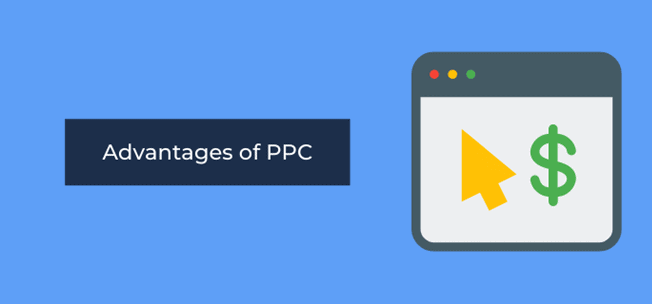
Below are some distinctive advantages of PPC advertising:
- Speed: It delivers results quickly.
- Measurability: Its performance can be accurately measured.
- Trackability: Every aspect of PPC campaigns can be tracked.
- Omnichannel Capability: It operates seamlessly across multiple channels.
While these aspects are crucial for strategists and specialists, convincing your CMO might require evidence. Failure to advertise on search engines could mean lagging behind, either due to a slow reliance solely on SEO or a broad focus solely on social media.
Here are the numerous compelling reasons to begin planning for PPC in 2024:
PPC Aligns with Business Objectives
This is frequently the most compelling rationale for engaging in PPC. Google Ads and other search engine advertising platforms offer built-in multi-touch attribution modeling, equipping you with essential marketing metrics as well as sophisticated business intelligence metrics like Customer Acquisition Cost (CAC) and Return on Ad Spend (ROAS), impressing stakeholders.
In the age of content marketing and thought leadership, marketers use various unique and innovative calls to action (CTAs). With PPC, nearly any conversion type can be tracked, including:
- E-commerce transactions.
- Lead form submissions.
- Map directions.
- Email newsletter sign-ups.
- Phone calls.
- Mobile app installs.
- File downloads.
- In-app purchases.
And more, provided you’re proficient with Google Tag Manager and a bit of JavaScript. Irrespective of your conversion objectives, Google Ads facilitates clear visibility of both expenditure and, more crucially, returns, simplifying the process of justifying your budget to senior management.
You may also like: How to Make SEO and PPC Work Together for Your Business
PPC Monitors User Activity at Every Step of the Journey
There’s transparency in search engine advertising platforms. Using tools like Google Ads and Google Analytics, you can track your users’ progress through the entire sales funnel (while complying with evolving privacy regulations).
Fortunately, search engines amass vast amounts of data, enabling PPC specialists to trace a user’s journey from impression to click, purchase, form submission, or phone call.
Unlike billboard or magazine advertisements, PPC can directly contribute to sales. Moreover, marketers can leverage this data to personalize their ads, landing pages, and campaigns for heightened engagement and reduced wasted expenditure.
Consider these examples:
- Campaign Experiments: You can experiment with campaign settings such as budgets, bid adjustments, and target audiences beyond A/B testing ads.
- Programmatic Landing: For SKAG (single keyword ad groups), it’s possible to avoid the hassle of creating separate landing pages for each keyword. Scale your ad account by constructing programmatic landing pages that will automatically create pages based on search terms and target keywords with the help of UTM parameters, behavioral cues, and AI.
- Keyword Insertion: This is a process where the user’s keyword search term or even his location is dynamically inserted in your headline. This, very much, increases CTRs.
PPC Offers Unrivaled Command
Despite the proliferation of numerous AI and machine learning features, which often sacrifice detailed bid adjustments in favor of expanding PPC efforts on a large scale, platforms like Google Ads still afford account managers complete control over their presence on Google – determining where, when, and how they appear.
With economic constraints tightening and search ads becoming more costly across various sectors, PPC specialists are incentivized to focus on keywords that yield measurable returns for their investment, pausing or eliminating those that fail to attract a qualified, relevant audience or aren’t yet prepared to convert.
Upon witnessing positive outcomes, immediate scaling is feasible. Conversely, if a pause is warranted, spending can be halted instantly, providing unmatched budget flexibility and agility.
In Google Ads’ auction system, the final decision on ad positioning and expenditure vis-à-vis competitors lies with the algorithm. The alignment of relevance between landing pages, keywords, and ad copy can either bolster or hinder performance.
Fortunately, you possess the flexibility to quickly modify ads, optimize campaigns in real-time, and conduct daily experiments, bypassing the prolonged cycle from editing to deployment prevalent in other mediums. Additionally, underperforming ads can be promptly withdrawn without adhering to a contracted media schedule.
Whether your objectives revolve around lead quantity, ROAS, expenditure, or other specific targets, PPC enables precise management towards these goals, with fresh data available for tracking within a day.
PPC Offers Swift Implementation with Low Entry Barriers
Even if you are years behind your competition in search efforts, it only takes minimal research, copywriting, and a few clicks to get a PPC campaign up and running. This is in extreme contrast to starting SEO efforts, which generally take months of time and labor just to achieve the same positioning and traffic that PPC can provide within minutes of going live.
Furthermore, PPC allows targeting precise audiences at scales, from narrow segments, like your email list, to broader segments, including website visitors. Compared to channels such as email and organic social, PPC has the advantage of reaching beyond users who may already know your brand.
Furthermore, most tasks are managed within the PPC advertising platform, from research to campaign setup to ad creation. You can quickly commence operations with minimal involvement from your development teams, except for assistance in configuring conversion tracking and desired landing pages.
You may also like: How To Create a Successful Strategy for Instagram and Facebook in 2024
PPC Synergizes Effectively with Other Marketing Channels
Today, content marketing is king, and it’s a rare business indeed that doesn’t have a content plan or calendar.
Considering the investment in creating original, compelling content to support the customer buying journey and establish a position of thought leadership, Google Ads can serve as an engine that drives visitors to content quickly and thus enhances the ROI of your content investment.
PPC and SEO go hand in hand with each other, as often they share the same audience because people use Google for information, services, or products. Performance data, including impressions, clicks, and conversions coming from Google Ads, can be incredibly insightful at a keyword-by-keyword level to inform which keywords are most valuable for prioritization of SEO efforts.
Conversely, if it’s accessible, organic traffic performance data and SEO strategies are supposed to guide PPC initiatives. This aligned setup with content marketing for sure ensures efficiency gains, making sure that business ends are not isolated.
Google Ads remarketing is a valuable avenue for engaging site visitors who may have left your site. Remarketing ads, tailored based on specific rules or selected audiences, keep your brand on the radar of potential customers.
Remarketing can serve as an ideal starting point for running PPC campaigns, as it typically entails lower costs and targets individuals further along the conversion funnel than prospecting and brand awareness campaigns.
Moreover, PPC can offer insights or serve as an alternative to traditional direct marketing activities. It can be compared directly to traditional mail, considering costs per impression and conversion.
Changing from costly traditional marketing methods to those offering real-time data and improved tracking represents a significant strategic advantage.
You may also like: What Is PPC Management
PPC Offers Exceptional Targeting Capabilities
Most advertisers adopt multilayered strategies in Google Ads to make sure there is comprehensive coverage over a set of different networks and targeting options to improve brand visibility.
This consists of targeting keywords via responsive search ads, running display ads through remarketing based on users’ past behaviors, or focusing on specific audience demographics across different display networks like YouTube, Gmail, Google Maps, and Google News.
By testing various methods, you’ll be able to get the most out of Google Ads and ensure that your campaigns reach as many relevant audiences as possible while maintaining precision targeting tailored to your target personas.
Going back to business objectives, you can look at performance metrics to set expectations of cost per click and cost per acquisition across various targeting methods to compare and optimize.
Ultimately, with targeting capabilities in PPC, comes the most important benefit in that you are able to reach current and potential audiences; all while you get to control the scale.
PPC Provides Abundant Marketing Insights
While Google Ads offers extensive data and performance metrics, the value of this information extends beyond PPC performance alone. Data on impressions, clicks, and conversions for each keyword can inform SEO strategies and content marketing endeavors.
Moreover, using the built-in keyword planner and display planner tools enables you to pinpoint your audience’s whereabouts. You can further analyze your competition’s presence using third-party tools like SpyFu, KeywordSpy, and iSpionage, thereby establishing a comprehensive understanding of your competitive landscape and potential market share.
Additionally, manual examination of search results offers insights into what searchers will encounter, enriching your understanding of user behavior. Conduct your analysis to assess the risk associated with Google Ads compared to other organic and paid traffic sources currently in use.
By examining the projected costs for media, campaign management, and content creation, juxtapose these expenses against the current expenditures for similar management and development activities across organic search, email, social media, and offline marketing channels.
Furthermore, consider basic inputs such as your current or anticipated conversion rate. Use tools like the keyword and display planner to forecast available traffic.
Subsequently, evaluate the projected outcomes if you were to increase traffic by specific increments, weighing the cost of acquiring that traffic against the investment required.
You may also like: Google Ads Introduces Innovative Multi-Format Ads for Video Reach Campaigns
In Conclusion
PPC advertising has established itself as a dependable and lucrative channel for numerous B2B, B2C, nonprofits, and various other companies aiming to acquire rapid, high-quality traffic and conversions.
Given the array of benefits PPC provides, there’s minimal risk in experimenting with it to measure its impact and acquire a trove of valuable data to enhance your other marketing and optimization endeavors.
With its low barriers to entry and highly measurable, real-time results, periodically testing PPC is always worthwhile to potentially invigorate your marketing initiatives.
Would you like to read more about “Significant Advantages of Utilizing PPC Advertising” related articles? If so, we invite you to take a look at our other tech topics before you leave!
Use our Internet marketing service to help you rank on the first page of SERP.


